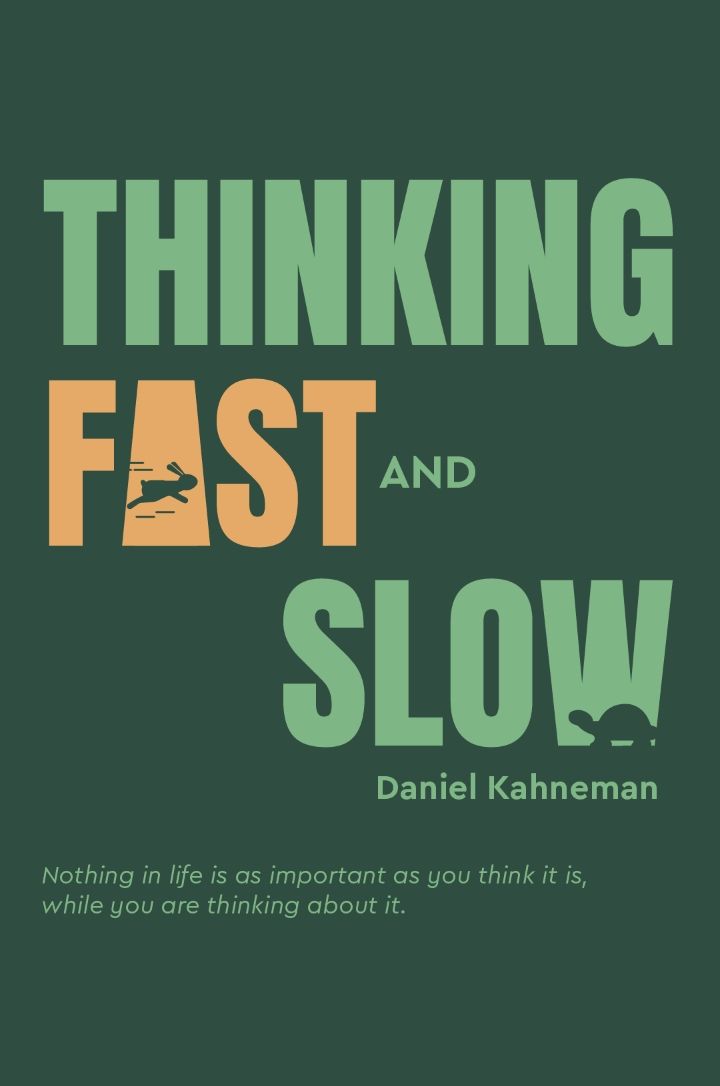The brain's flexibility allows for adaptation to visual impairments from "summary" of The Mind's Eye by Oliver Sacks
The brain is a remarkable organ, capable of adapting and compensating for a multitude of challenges and changes, including visual impairments. When a person experiences a loss of vision, whether sudden or gradual, the brain has the unique ability to reorganize and rewire itself in response. This process, known as neuroplasticity, enables individuals to make use of the remaining visual information available to them, as well as develop alternative strategies for navigating the world. One example of the brain's flexibility in the face of visual impairments is the phenomenon of blindsight. In cases where a person has damage to the visual cortex, rendering them blind in a specific area of their visual field, they may still be able to respond to stimuli presented in that area without consciously seeing them. This is because other parts of the brain, such as the superior colliculus, are able to process visual information and guide actions in the absence of conscious awareness. In addition to blindsight, individuals with visual impairments may also experience visual hallucinations, known as Charles Bonnet syndrome. These hallucinations, which can range from simple patterns to complex scenes, are a result of the brain's attempts to fill in the gaps left by reduced visual input. While these hallucinations can be distressing, they also serve as a testament to the brain's creativity and resilience in the face of adversity. Furthermore, individuals with visual impairments often develop compensatory mechanisms to enhance their remaining senses, such as hearing and touch. By relying more heavily on these senses, individuals can gather information about their environment and make informed decisions about how to interact with it. This heightened sensory awareness not only helps individuals with visual impairments navigate the world more effectively but also demonstrates the brain's capacity for adaptation and growth.- The brain's flexibility in response to visual impairments is a testament to its incredible ability to reorganize and adapt in the face of adversity. Through processes such as neuroplasticity, blindsight, and compensatory mechanisms, individuals with visual impairments are able to make use of the resources available to them and continue to engage with the world in meaningful ways.
Similar Posts

Harnessing the strengths of System 1 and System 2 is essential
In order to make effective decisions, it is crucial to understand the strengths and limitations of both System 1 and System 2. ...

Emotions can override rational thinking
When it comes to decision-making, our emotions can sometimes get the best of us. Even when we believe we are being rational, ou...
Evolution shapes our instincts over time
The concept that underlies the very essence of our nature as human beings is that evolution has shaped our instincts over time....
Purposes are not mental blueprints
Purposes are not mental blueprints. It is a common misconception that when we have a purpose in mind, we are essentially follow...
Multiple senses enhance learning
When it comes to learning, engaging multiple senses is crucial. This is because different parts of our brain are responsible fo...

Mirror neurons play a role in empathy and social cognition
Mirror neurons, first discovered in monkeys, are a fascinating aspect of neuroscience that have shed light on the mechanisms un...
Taking care of the brain is essential for overall wellbeing
The brain is the most important organ in the body, responsible for controlling all of our thoughts, emotions, actions, and bodi...
The brain can deceive the eyes in some cases
Oliver Sacks introduces us to the intriguing idea that the brain can sometimes play tricks on the eyes. He presents various cas...
The brain's flexibility allows for adaptation to visual impairments
The brain is a remarkable organ, capable of adapting and compensating for a multitude of challenges and changes, including visu...

